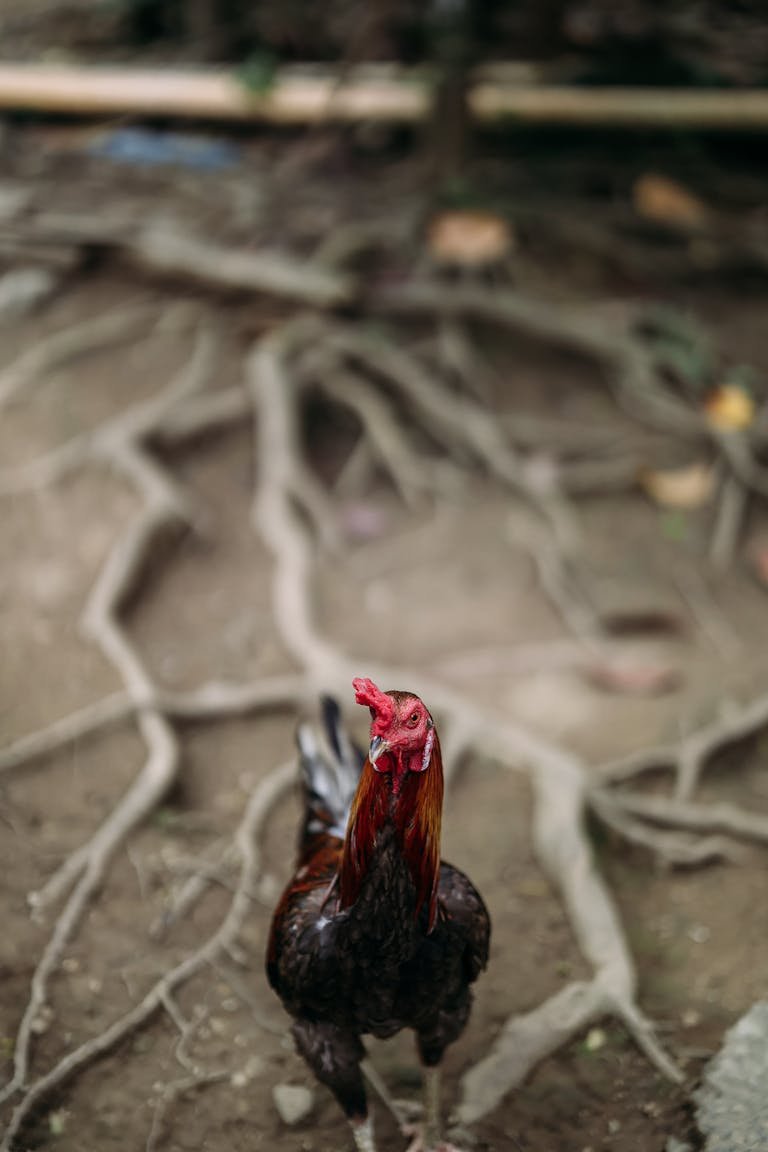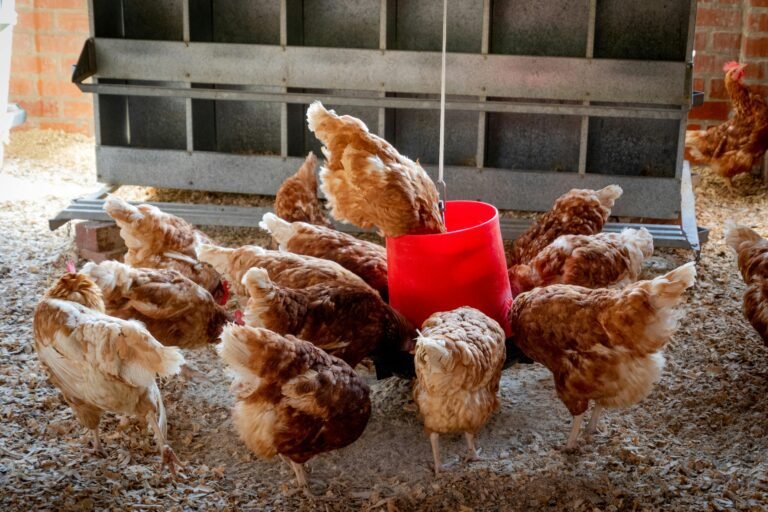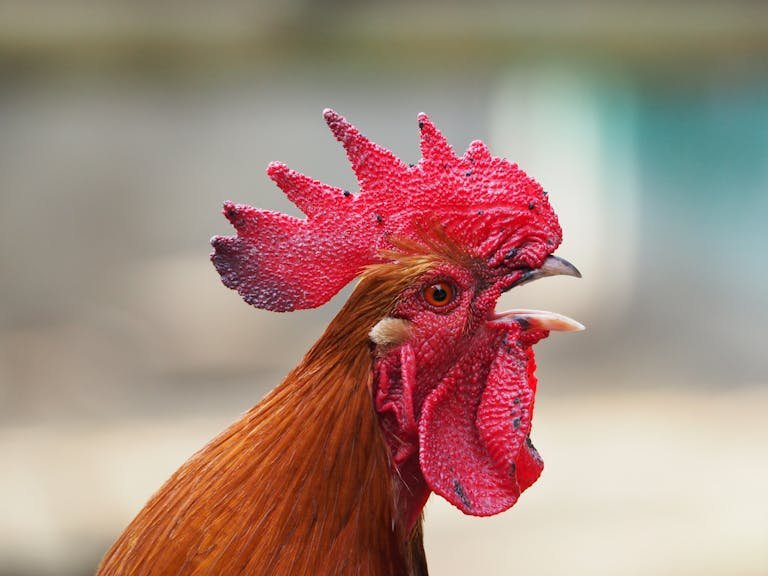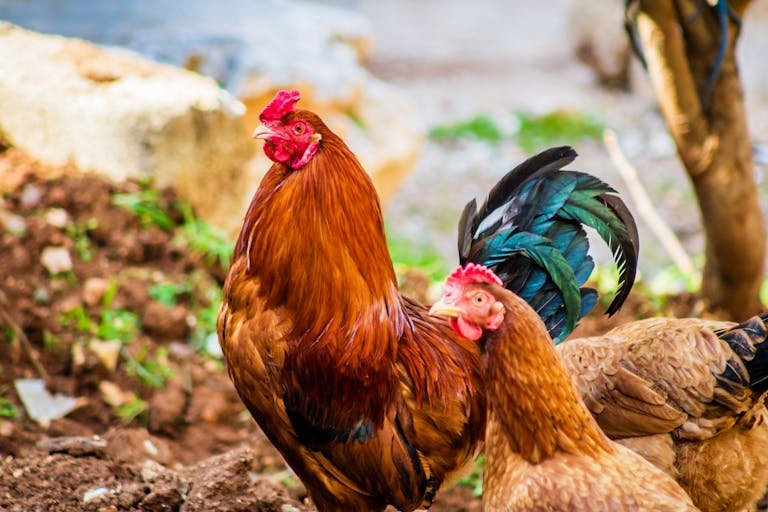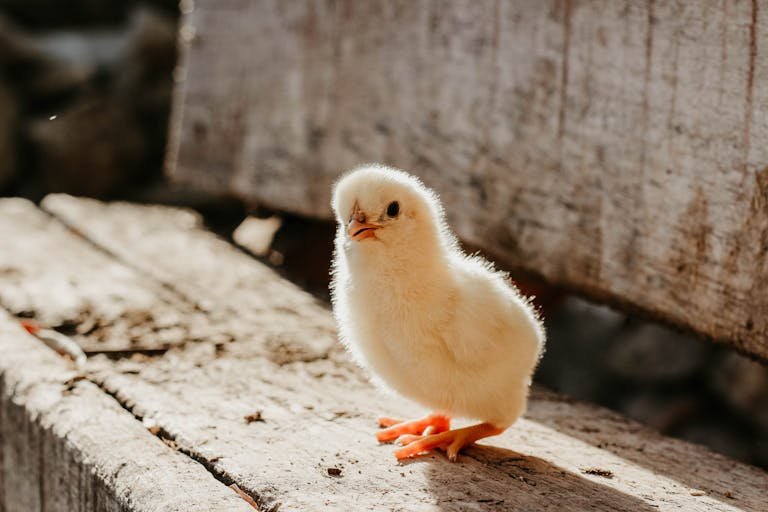Chicken Pee Secret? Don’t Get Clucked Out!
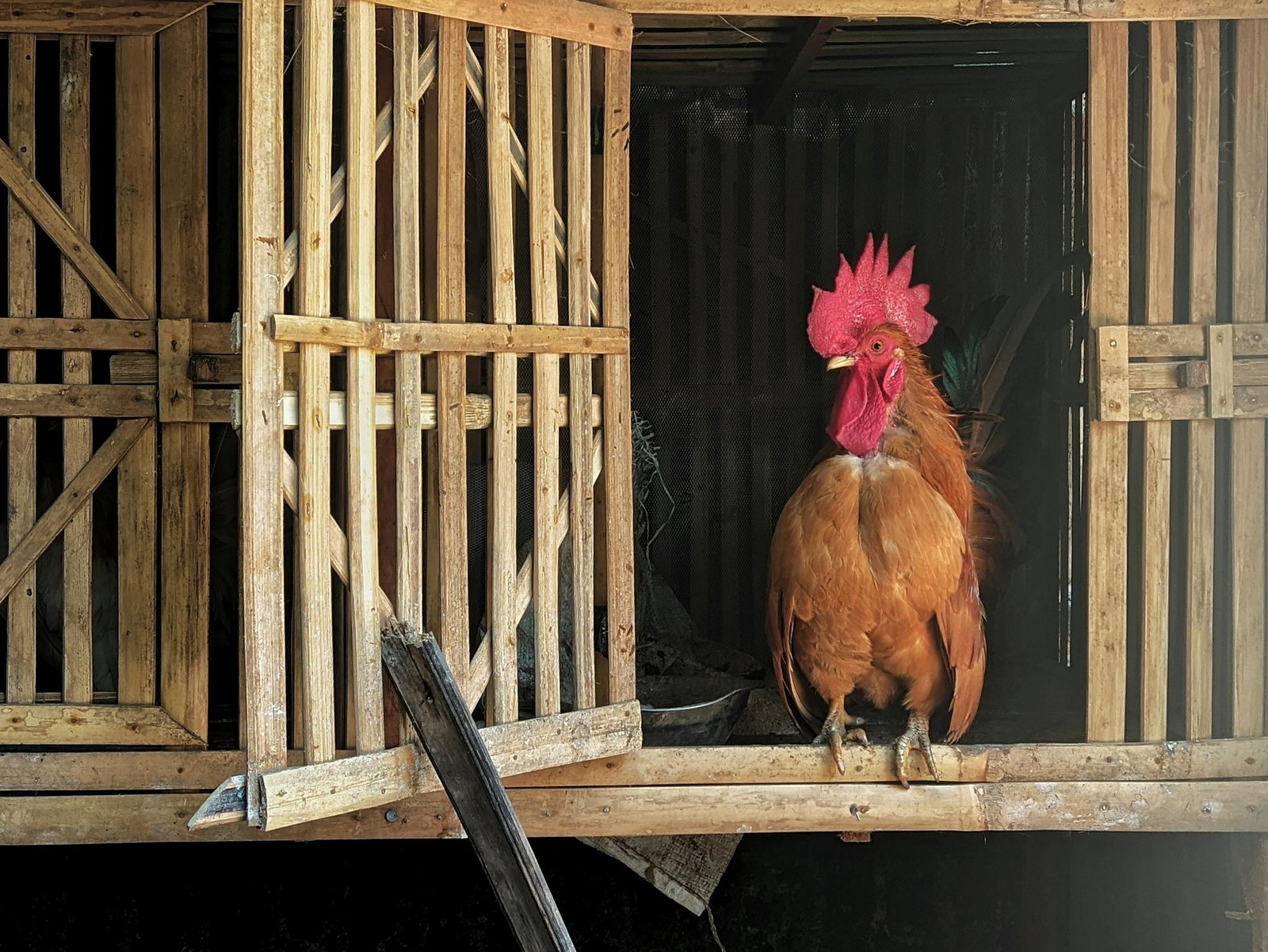
Like all birds, chickens have designed a unique system for the elimination of waste products and fluids, which differentiates them from mammals. This shows that their urinary system has adaptive ways of functionality and conservation, enabling their lives to be sustainably achieved in different settings. Despite the fact that chickens do not possess a urinary system as mammals do, their waste disposal systems are quick and efficient. In this article, we will tackle the question that is asked as Do Chickens Urinate?
From the urination process in these two species of Chickens, these findings present a glimpse into the physiological and evolutionary aspects of the two different organisms.
Do Chickens Urinate?
No, Chickens, like most birds, don’t urinate the way mammals do because they lack certain parts of the urinary system that mammals have, such as a bladder.
- Kidneys: Chickens have kidneys that remove waste products from their blood stream like mammals..
- Ureters: The waste is then transported from the kidneys through tubes known as the ureters.
- No Bladder: Unlike mammals, chickens do not possess a bladder where the urine accumulates. Instead, the ureters terminate blindly just before opening in the cloaca, which is a common chamber for faeces disposal and reproductive secretions.
How Chickens Eliminate Waste
The Filtration Process
Kidneys
Chickens undergo filtration through a pair of kidneys located in their abdominal cavity. These kidneys work like those in mammals by acting as filters to remove waste products and water that is in excess. However, such is the structure and functioning of avian kidneys that they have adapted to the needs of a bird.
Like all vertebrates, renal structure in chickens is based on a large number of units called nephrons. Connective tissue Each nephron filters blood to form a filtrate, which will turn into urine in the future. This filtration process is very essential for the body health of the bird since it helps remove nitrogenous wastes from protein metabolism.
Ureters
The ureters are tubes through which the filtered waste is transported out of the kidneys. In the case of mammals, these pipes lead to a bladder, while in the case of chickens, they lead directly to the cloaca. This lack of bladder is quite a deviation that affects how chickens manage the waste products.
The Multifunctional Cloaca
Waste Convergence
Thus, the cloaca is a complex multiple-chamber organ which is aimed at the unification of the excretory, reproductive, and digestive systems. The ureters, which are channels from the kidneys and the intestine, also drain their wastes into the cloaca, hence having a different waste disposal mechanism.
Water Recycling
Arguably, the peculiarity of the chicken’s urinary system is its high efficiency in the matter of water conservation. Inside the cloaca water that is in the urine is reabsorbed back into the body. This process is important, especially for the chickens bred in warm environments or those which need to store as much water as possible. In this way, chickens are able to replenish their water amounts and minimize the loss of water during the process of defecation.
Uric Acid Formation
Due to the minimal water loss, chicken urine becomes highly concentrated. The waste product primarily exists in the form of uric acid. Uric acid, which is formed by metabolisms of proteins, is a white pasty material. It mixes with faeces within the cloaca and then exits the bird’s body. This way of depositing solid and semi-solid wastes is characteristic of birds.
Waste Elimination
Combined Droppings
The final waste product that exits the chicken’s body through the cloaca is a combined package of faeces and uric acid. The droppings you often see from chickens contain both brownish faeces and white, chalky uric acid. The appearance of these droppings can tell you a lot about the bird’s diet and health. Healthy chickens produce droppings that are well-formed with distinct white uric acid caps.
Advantages of this System
Water Efficiency
Some adaptations include the fact that the chicken can directly absorb water from its urine, a little something that can help it survive arid conditions. This water efficiency enables the chickens to be supplied with adequate and healthy water in a period when water is minimal.
Lightweight Design
Yet another benefit of not having a bladder is shedding a few extra pounds as not having a bladder also means being lighter. This is important to birds as they depend on the lightweight structure to enable them to fly and move around. Chickens do not need a bladder; therefore, removing it means that chickens will not be burdened by unnecessary weight that can bring the aircraft down.
Comparing Chicken and Human Urination
All differences b/w chicken and human urination are given below:
| Feature | Chicken | Human |
|---|---|---|
| Bladder | Absent | Present |
| Waste Storage | None | Colour |
| Main Waste Product | Uric Acid (less soluble in water) | Urea (more soluble in water) |
| Water Conservation | High – most water reabsorbed in cloaca | Low – less water reabsorption |
| Waste Elimination | Through cloaca (combined with feces) | Through urethra (separate opening) |
| Urine Consistency | Paste-like due to water reabsorption | Liquid |
| Color | White (uric acid) | Yellowishpen_spark |
Nutritional Aspects
The dietary intake of a chicken, therefore, greatly influences the quantity and kind of droppings that it will produce. Proteins, especially high protein diets, can elevate the level of uric acid, while a balanced diet can contribute to proper waste elimination. It is necessary to provide chickens with fresh and clean water as well as proper food that can improve their health.
Health Indicators
The colour and texture of chicken droppings can be informative in gaining an understanding of the health status of the bird. For instance, changes in colour or texture in droppings can make an analyst infer changes in the diet or health condition of the animal. A major benefit of the monitor is to identify existing health complications in wastes so that poultry owners can treat them early.
Read Also: Do Chickens Hibernate?
Final Words
In conclusion, chickens do not urinate in the same way mammals do. Instead, they produce uric acid, which is expelled along with faeces through the cloaca. Instead, they synthesize uric acid, which is excreted together with faeces via the cloaca. This makes it possible for the chicken to use minimal water and, at the same time, expel unwanted substances efficiently. Understanding this process can help poultry owners to have proper knowledge about how to take care of their birds and how to deal with the waste.
